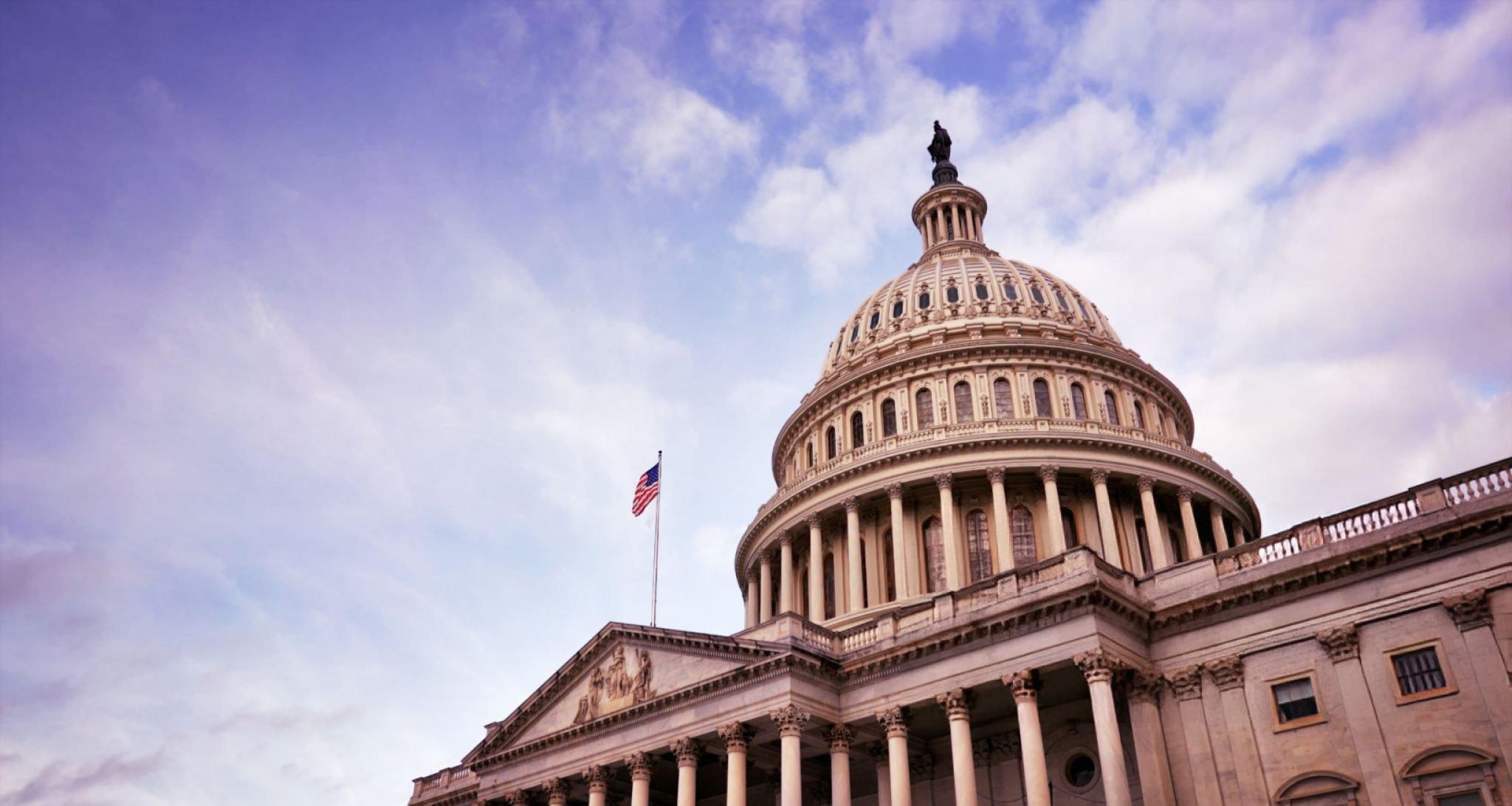Concerns rise over intelligence nominee’s alignment with Trump’s agenda
Donald Trump promised during his campaign to take on the so-called “deep state” in Washington, DC, and now, as the 45th President looks toward returning to the White House, the first major battle seems to be unfolding at home: within the corridors of the White House itself.
Sources from Capitol Hill and the intelligence community have raised concerns over the possible appointment of Adam Howard to the senior director for intelligence position on the National Security Council (NSC). Howard, currently serving as the staff director for the House Permanent Select Committee on Intelligence (HPSCI), is seen by some insiders as a potentially problematic figure who may not align with Trump’s America First agenda.
The issue stems from an alleged comment by HPSCI Chairman Mike Turner, suggesting he was “taking over Trump’s IC” and that Howard was part of that effort. Turner, a Republican Congressman, reportedly intends to use Howard to shape intelligence policies in a way that could undermine Trump’s stance on intelligence reform.
Joshua Steinman, a former NSC official under Trump, recently took to social media to highlight the presence of holdovers from the Biden administration within the NSC, pointing to Howard’s limited intelligence experience as a possible obstacle to Trump’s policies. “Without an operational intelligence background, you can’t clean up the mess made by the current [Biden] team,” Steinman said, referencing the Obama administration’s controversial surveillance of Trump’s campaign during the 2016 election.
The senior director for intelligence plays a pivotal role, liaising with the 18 intelligence agencies that form the US intelligence community. This role is integral to ensuring that the president’s policies and directives are carried out, including overseeing classified information and covert action programs. With this in mind, Steinman warned that if Howard, under Turner’s guidance, does not fully support Trump’s agenda, it could create substantial problems for the administration moving forward.
Indeed, Howard’s limited experience in the intelligence field—having spent only two years as HPSCI’s staff director—has caused alarm among some, who argue that he may be unprepared to navigate the intricacies of intelligence oversight. This concern is further heightened by the presence of figures like Maher Bitar, Biden’s senior director for intelligence, who has been accused of holding partisan views that may not align with the interests of Trump’s future administration.
One of the primary criticisms of Howard and Turner’s approach is their perceived failure to conduct proper oversight of the intelligence community. Sources suggest that, instead of investigating potential abuses of power by intelligence agencies, they have chosen to shield the establishment. This lack of accountability became apparent during the 2020 impeachment process, when Turner, though initially critical of Democratic efforts, later appeared to downplay any actions that might expose wrongdoing within the intelligence community.
This alignment with the broader intelligence establishment is a stark contrast to Trump’s promise to drain the swamp and take on the deep state. The former president has long been vocal about his desire to reform the intelligence agencies, particularly in light of the 2016 surveillance scandal that targeted his campaign. Under the Obama administration, officials were accused of unmasking the names of Trump’s team members, an act that Steinman and others believe played a role in the eventual Mueller investigation.
In an effort to push back against the criticism, incoming National Security Adviser Mike Waltz wrote on Twitter that any personnel working under Trump in the NSC would be fully aligned with his America First agenda. “Any rumors or suggestions to the contrary are fake news and a distraction from the mission,” Waltz said, further emphasizing that no staff members or political appointees will be brought in who are not in line with Trump’s priorities.
Despite Waltz’s assurances, questions persist about Howard’s ability to champion Trump’s vision. His handling of past issues, including controversial reports on sexual assault within the CIA and the protection of surveillance programs like Section 702, has raised further concerns about his willingness to challenge the intelligence community when necessary.
Ultimately, the decision regarding Howard’s appointment will carry significant implications for Trump’s ability to reshape the intelligence community. With major challenges on the horizon—ranging from China and Russia to internal intelligence reforms—the president will need a team fully committed to his vision of a reformed, accountable, and transparent government.
Steinman concluded his social media post by reminding Trump’s supporters of the importance of having a team that can execute his agenda with “the tenacity and vigor” required to take on the deep state and restore America’s trust in its institutions. If Howard’s appointment goes ahead, many will be watching closely to see if he rises to the challenge, or if he becomes another example of the deep state pushing back against a president determined to bring about change.







